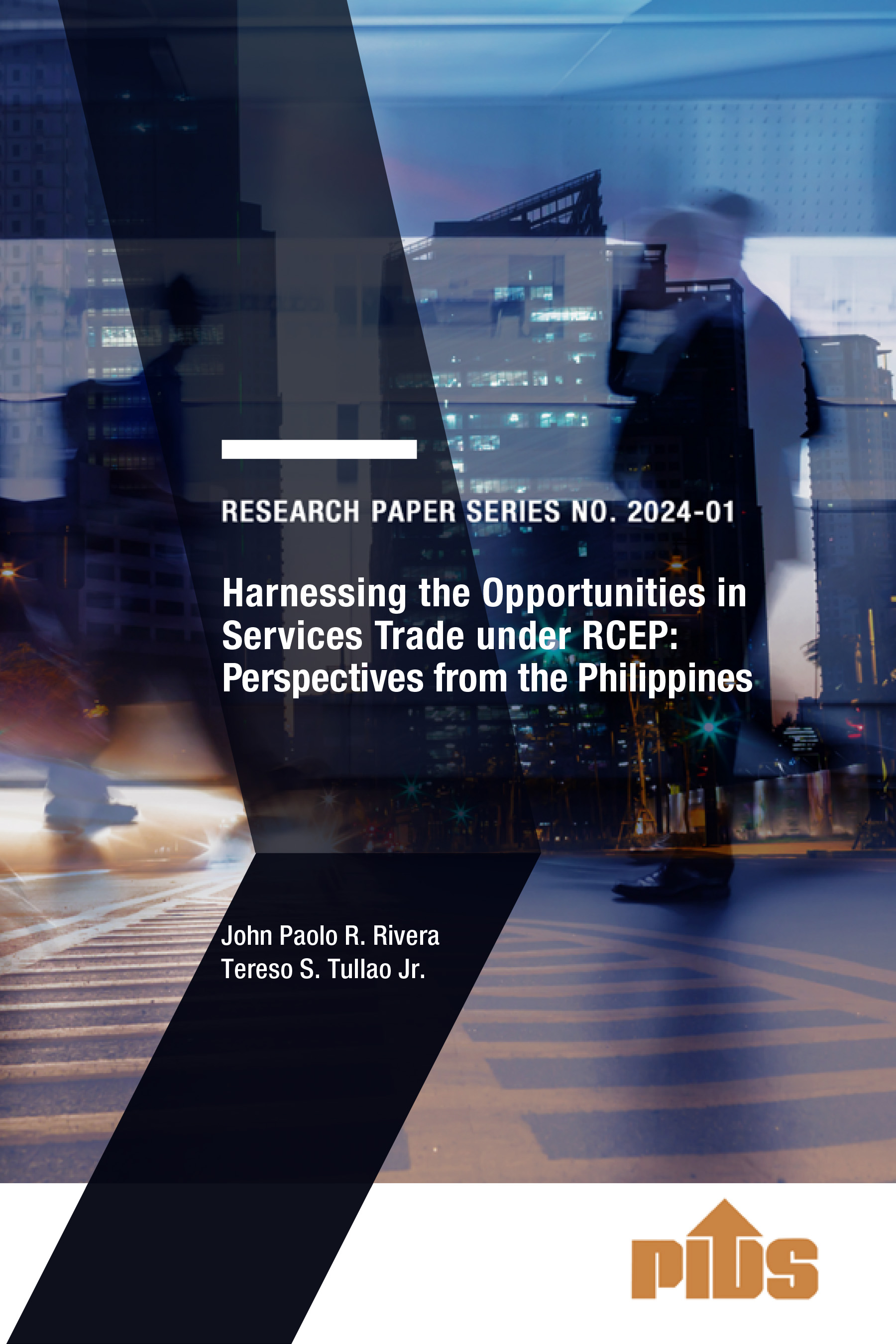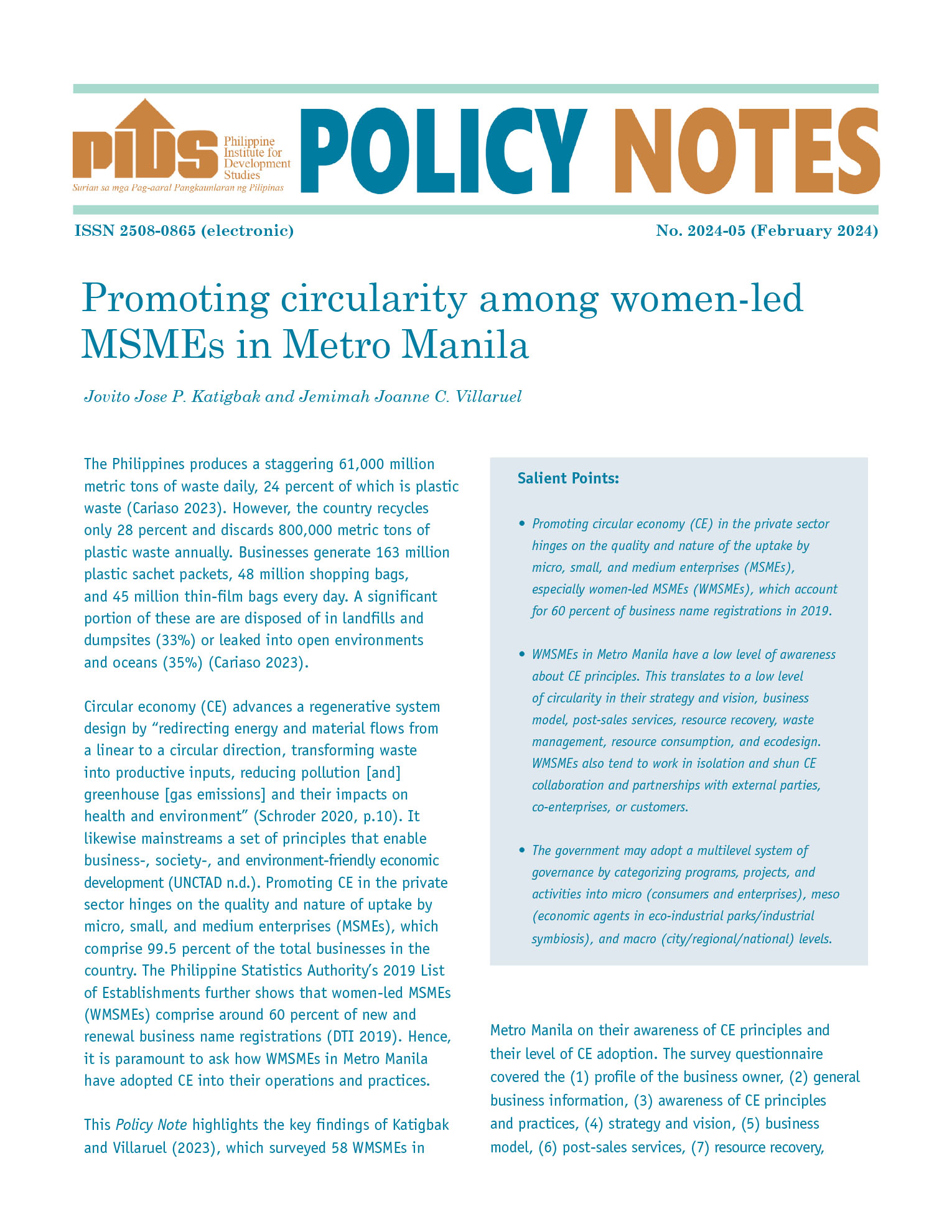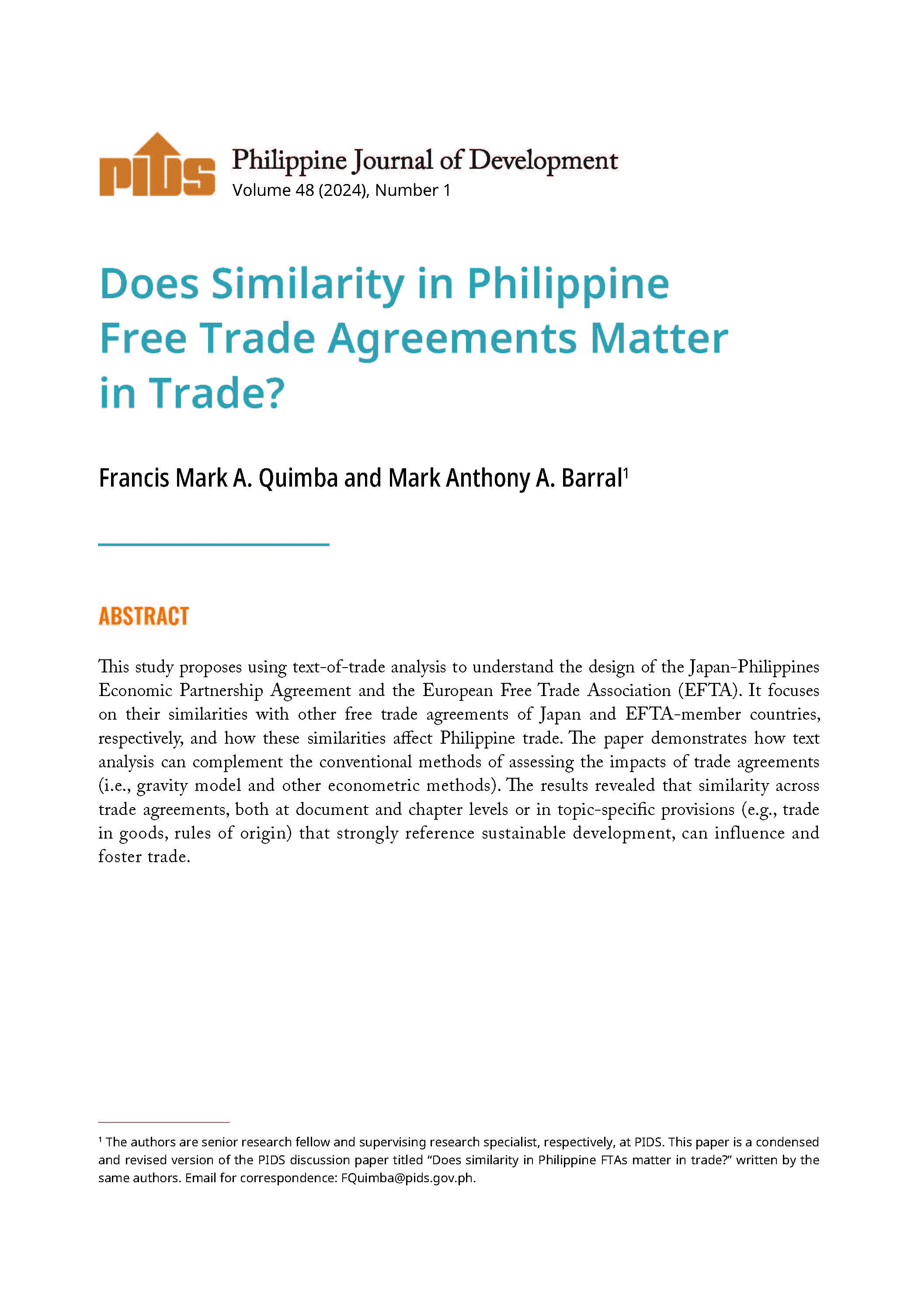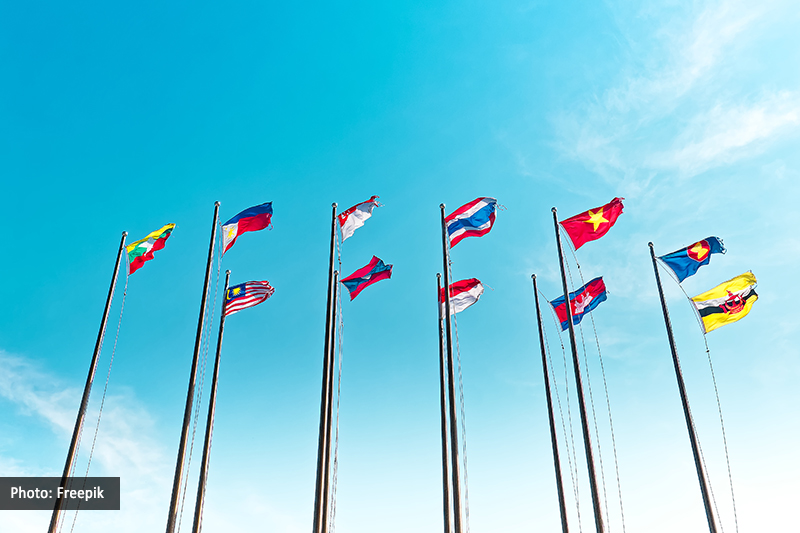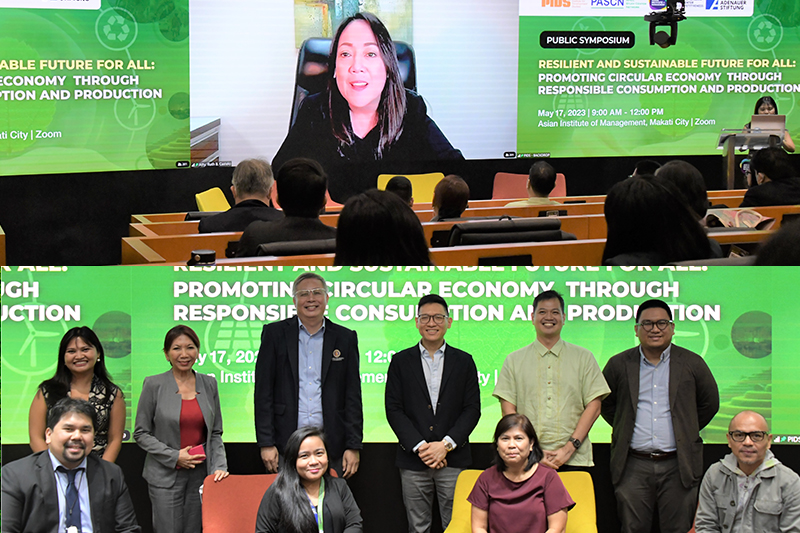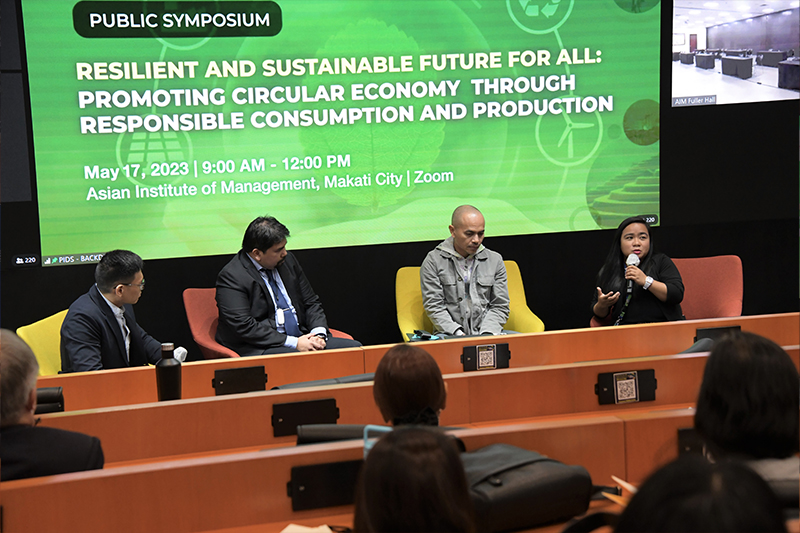THE ratification of the Regional Comprehensive Economic Partnership (RCEP) agreement should be one of the priorities of presumptive president Ferdinand "Bongbong" Marcos Jr., the Trade department and an expert from Philippine Institute of Development Studies (PIDS) said on Wednesday.
In a forum organized by the Economic Journalists Association of the Philippines, DTI Assistant Secretary Allan Gepty said that by its sheer size alone and the opportunities the RCEP brings, the Philippines could not afford not to join RCEP.
RCEP, which was brokered by member states of the Association of Southeast Asian Nations and their largest trading partners, is considered as the biggest trade agreement in the world.
For the Philippines, RCEP is expected to lead to a net gain in the total trade balance by as much as $128.2 million, increase overall welfare by $541.2 million, contribute to a 1.93-percent real gross domestic product growth and lower poverty incidence by 3.62 percent by 2031.
At present, only the Philippines and Indonesia have not completed the ratification process.
"Clearly, non-participation or delayed participation in RCEP will not only be costly but the Philippines will be missing a lot of opportunities. It would be detrimental to the Philippine economy as trade, investment and other economic opportunities will be diverted to other economies," said Gepty.
"This is not a strategic move as we work toward post-pandemic economic recovery," he added.
Amid the increasing prices of commodities, Gepty said that RCEP and the other free trade agreements liberalize tariff rates that in effect lowers the prices of goods, which include raw materials, intermediate goods and final goods.
Headline inflation hit a three-year high of 4.9 percent in April due to higher prices of food and transport.
PIDS senior research fellow Roehlano Briones, for his part, said the ratification of RCEP should be one of the priorities of Marcos.
"Incoming president Marcos I think will be the first-ever majority president in our history so that brings with it considerable quantities of political capital and hopefully, he will be able to use that the way President [Rodrigo] Duterte managed to push through some very epochal reforms during his administration," he said.
"On the plate probably for the new administration is pushing for the acceding to the RCEP. I think these are some of the items that incoming president Marcos should be focusing on, especially the transformation agenda," he added.
In terms of dealing with increasing prices of commodities, Briones, meanwhile, said that should the need arise, the new administration could consider adopting the provision of income transfers instead of suspending excise taxes on fuel.
"This is a standard economic response that whenever there is welfare amelioration needed because of economic shocks, that the preferred strategy is to offset it with income transfers. So, for the next administration, I hope they take this onboard because it is much more painful on the fiscal side to suspend huge sources of revenue," said Briones.

